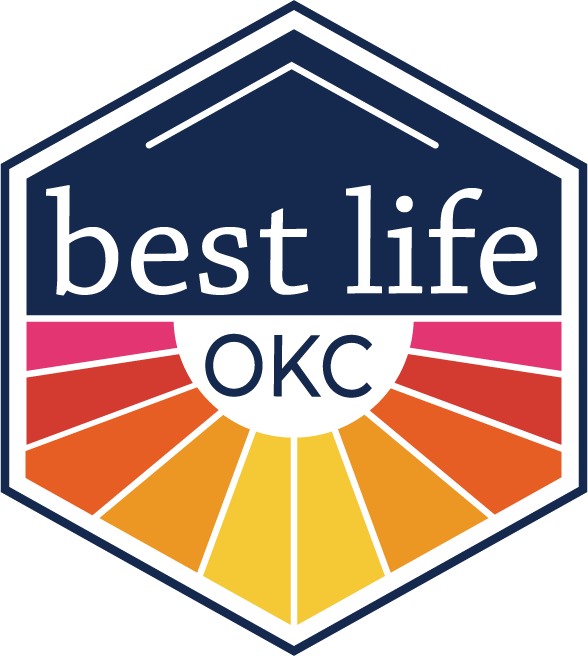Costs You Can Expect to Pay When Buying a Home
I want to talk about how much it is going to cost if you're buying a home. Whether this is your first time to buy, or it's been a while since you bought, I wanted to make you aware of some costs to plan for when you're budgeting for a purchase.
The first thing is earnest money. Typically, that's one percent of the purchase price. Plan for that when you have gone under contract. We will deposit that. It'll be withdrawn from your account. The earnest money deposit will be a credit to you at closing toward your closing costs or down payment.
Second is money for inspections. You will do a whole house inspection, which price varies on the size of the home. It could be anywhere from $300 to $500. If you add in elements like a septic system, well or pool, you're going to pay more for each inspection you need to add. When you add those other inspections, it could be anywhere from $600 to $900 total.
The third thing you're going to pay for upfront with a lender is your appraisal, and those are somewhere between $500 to $600. Typically, they'll take a credit card, and they can do that over the phone. You'll pay for that before the appraisal happens. The appraisal happens during the home buying process, probably at about two and a half to three weeks.
Fourth, you need to plan for closing costs. Those are typically three percent of the purchase price as well. You can bring the money yourself for closing costs, or sometimes we can write offers where you ask the seller to pay those costs on your behalf. With a conventional loan, VA loan and FHA loan, that percentage of how much they can pay on your behalf varies. On a conventional loan, it's three percent. In a competitive market, most of the time, it's better if you have the funds available to pay your own closing costs so that you can be competitive when trying to beat out other buyers who'd like to have the same home as you.
Lastly, you have your down payment. On a VA loan, you don't even have to have one. You sometimes pay a funding fee; that's a benefit of the VA loan. On an FHA loan, it's three and a half percent. On a Native American loan, I think it's 2.8 percent; don't quote me on that. On a conventional loan, that can vary. It starts at five percent. However, if you want to waive your mortgage insurance, you're going to want to put down at least 20 percent. Now, sometimes they have programs where you can pay your mortgage insurance upfront, and then you don't have to pay that during your loan. That's a really great option. There's also no down payment loan programs.
So it's a great idea to get with an awesome informed lender who can talk to you about what's the best way to go for you and makes most sense with your goals.
There you have it. Buying a home costs money, unfortunately. . Ultimately, your lender is the one who knows the final costs to buy a home. My numbers are only estimates. These are some of the costs that you can plan on when you're thinking about getting into the home-buying market. Let me know if you have questions and let’s get you some names of awesome lenders. A fantastic lender can break it down for you on a house-by-house basis.
